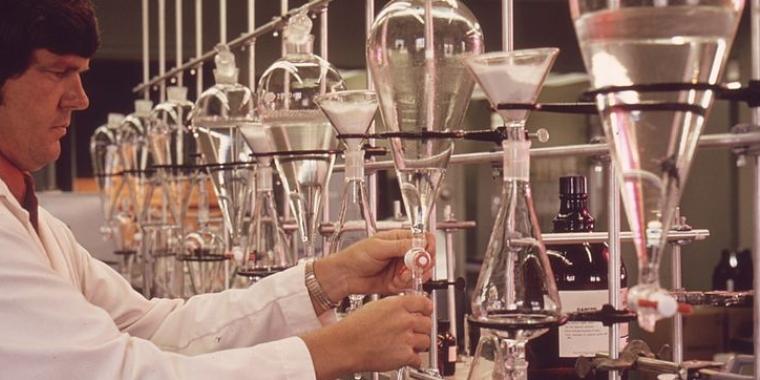Key Topics
Profile: Innocence Network UK
In December 2014, a group of law students and lecturers from the University of Cardiff successfully overturned the murder conviction of Dwaine George, who had been sentenced to life imprisonment following the death of Daniel Dale in 2001. During the original trial, the jury determined that tiny... Read More
5 Questions All Law Firms Should Ask DNA Testing Labs
A quick Internet search reveals a plethora of DNA testing firms, each offering a wide range of services that vary in price. However, some laboratories are more reputable than others, so it’s important to do some research before booking. We’re often contacted by clients who have received... Read More
Historic Disputes Solved by DNA Testing
Every year, numerous criminal cases are re-opened due to evidence offered by DNA testing, leading to convictions or exonerations of long past crimes. The chances of other suspects featuring the same DNA profile are quoted as ‘billions to one’, making it an accurate way of proving that an individual... Read More
MDMA Exposure - A Second Opinion
What would you do if your client claimed their drink had been spiked with ecstasy, yet tests indicated they were a habitual user of the drug? In December 2012, Mr W. was off duty and socialising. He was given a drink which he later suspected had been spiked, almost certainly with MDMA. He... Read More
Hair Alcohol Testing - The 2014 Consensus
On 13 June 2014, at a meeting in Bordeaux, France, the Society of Hair Testing passed a new consensus on the use of hair testing as a method of determining levels of alcohol consumption. The consensus is based on tests that took place from December 2013 to January 2014, with the participation of 31... Read More





